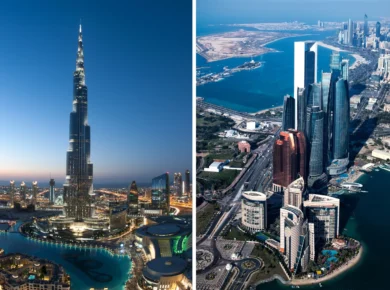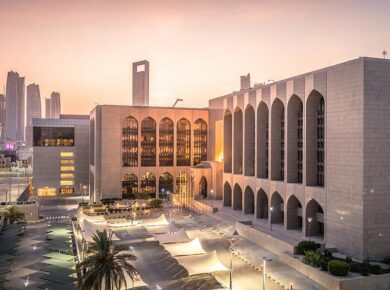Dubai’s New Industrial Strategy The 2030 Vision.

Dubai is stepping its attempts to become a worldwide industrial and manufacturing center, attracting big investments in critical areas such as aircraft, pharmaceuticals, and medical equipment, among others. Founded in 2004, Dubai Industrial City is home to over 750 firms and hundreds of innovative factories producing everything from auto parts to coffee employing fourth industrial revolution technologies.
The 2030 Vision, also known as Dubai’s New Industrial Strategy, is a plan to restructure the Dubai economy by establishing and promoting new sectors and boosting the competitiveness of existing ones. His Highness Sheikh Mohammed bin Rashid Al Maktoum, Vice President and Prime Minister of the UAE and Ruler of Dubai, introduced the strategy in 2016.
The ease of doing business, advanced infrastructure, transportation network, raw and packaging materials availability, and access to specialized expertise have solidified Dubai’s status as a favored manufacturing, industrial, and R&D hub.
In the last ten years, Dubai’s industrial sector has contributed 11-14% to GDP, making it the third largest industry after commerce and logistics. Even during times of global crisis, it has maintained robust development, boosted by a variety of strategic government initiatives and programmed, such as the Dubai Industrial Strategy, to increase the sector’s worldwide competitiveness and attract international investment.
The strategy’s purpose is to establish Dubai as a global hub for knowledge-based, innovation-driven businesses such advanced technology, renewable energy, and sustainable industries. The strategy is supported by three pillars:
- Innovation: The plan attempts to foster an atmosphere conducive to innovation by encouraging research and development and assisting entrepreneurs and startups.
- Industrialization: Dubai plans to boost the industrial sector’s contribution to GDP from 14% to 25% by 2030. This will be accomplished by establishing new industrial clusters and expanding current ones.
- Sustainability: Through reducing carbon emissions and expanding the use of renewable energy, the approach aims to foster long-term economic prosperity.
Even many foreign and Indian enterprises, like India’s Himalaya Wellness, have developed manufacturing facilities and R&D centers in Dubai, in line with the Emirate’s economic strategy to increase ‘Made in UAE’ output in critical sectors such as pharmaceuticals and medical products.
Being one of the region’s largest industrial hubs, Dubai Industrial City takes pride in offering a platform for enterprises from all over the world to expand and benefit from a favorable business climate, world-class infrastructure, and unparalleled connectivity. Dubai’s growing business community has produced a rich pool of expertise and creativity that will let it contribute even more to global R&D,” said Abdulla Belhoul, CEO of TECOM Group.
The strategy has also highlighted several key sub-sectors:
- Aerospace: By producing aircraft parts and offering aircraft services, Dubai can capitalise on its position as a worldwide aviation centre. Emirates Airlines is regarded as one of the world’s leading airlines, and the plan intends to help the airline by localising manufacturing skills and improving levels of research and development in the sector.
- Food and beverages: With the Gulf Cooperation Council (GCC) countries importing 70% of their food needs and experiencing annual growth of more than 3%, Dubai has the potential to become a major centre for food goods in the area. The logistical skills of Dubai will be a driving force behind F&B escort. Growing demand for Halal items is also expected to strengthen Dubai’s status as the Islamic economy’s capital and boost local industry.
- Machinery and Equipment: The machinery and equipment industry accounts for 25% of Dubai’s overall industrial sector, making it one of the city’s largest industrial sub-sectors. With the investment prospects and strong demand, efforts to grow this sector and increase its worldwide competitiveness are projected to continue adding considerable value to Dubai’s overall GDP.
The UAE is taking another step towards establishing a future-ready economy and becoming a preferred destination for investors and enterprises from across the world with the Dubai Industrial Strategy and targeted government measures to make Dubai a global industrial and manufacturing powerhouse.





